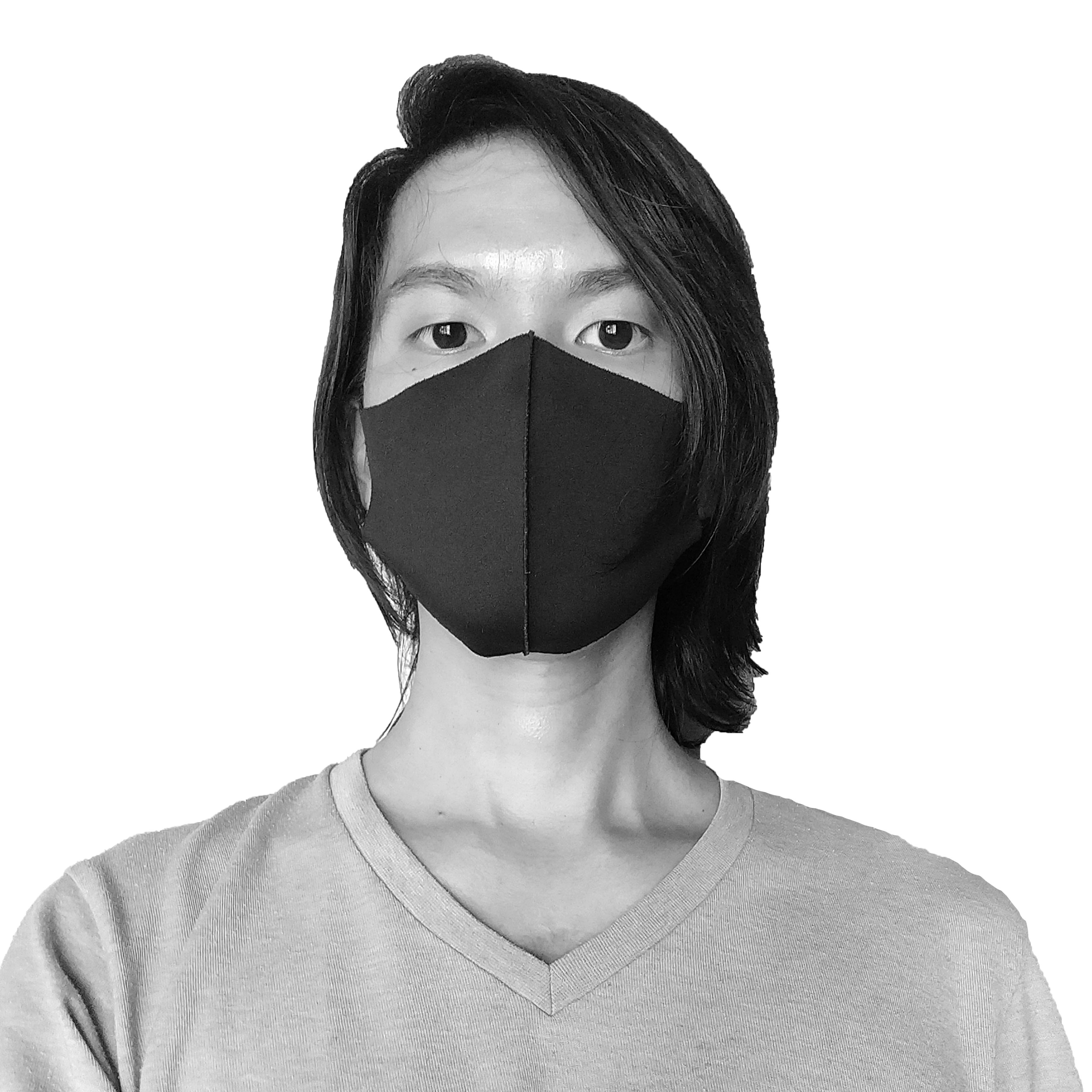HONG KONG—Bombastic Chinese government officials are laying the groundwork to blame the United States for the global coronavirus pandemic, and in turn extricate the Chinese Communist Party from any blame. Trumpian rhetoric, it seems, has a clear mirror reflection on the other side of the globe. The American president calls the pandemic sweeping the globe “a foreign virus”? The Chinese are calling it an American one.
Zhao Lijian, the spokesperson of the Chinese foreign ministry and face of the CCP, insinuated by tweet in both English and Chinese on Thursday that the United States is behind the the novel coronavirus outbreak in China: “CDC was caught on the spot. When did patient zero begin in U.S.? How many people are infected? What are the names of the hospitals? It might be U.S. army who brought the epidemic to Wuhan. Be transparent! Make public your data! U.S. owe us an explanation!”
The rant was inexplicably paired with a video clip from Centers for Disease Control and Prevention Director Robert Redfield’s testimony before Congress on Wednesday, subtitled in Chinese, about Americans who may have been misdiagnosed with the flu when they actually had COVID-19, the disease brought on by the coronavirus SARS-CoV-2.
ADVERTISEMENT
Zhao’s creeping escalation of rhetoric is the latest example of the Chinese Communist Party’s attempt to shift blame after its officials bungled efforts to contain the virus at the onset of the outbreak. And who better than its key geopolitical foe—the United States—to be the scapegoat?
The claim by Zhao was first seeded in late February, when Zhong Nanshan, a seasoned epidemiologist and pulmonologist who identified the SARS virus in 2003, said that the coronavirus “may not have originated in China” even though the first known cases were in the city of Wuhan and the majority of confirmed infections were there and in the rest of Hubei province.
It didn’t take long for state media and Chinese trolls to grab hold of Zhong’s talking point, merging it with the crackpot theory that the coronavirus is a bioweapon. Soon they were asking which nation has sophisticated biowarfare capabilities and can release its viral weapons to wipe out an unsuspecting population. The obvious conclusion, for them, was the United States.
Simultaneously, on Chinese social networks like Weibo, hashtags for the “Japanese virus” and the “Iranian virus” helped shape the narrative that SARS-CoV-2 could be of foreign origin, and China merely got a raw deal. Now, the “Italian virus” tag is doing the same.
Never mind that Chinese researchers, like Shi Zhengli, the “Bat Woman” virologist profiled by Scientific American, have conducted field research in China’s rural areas to locate and identify dozens of lethal viruses that are similar to SARS and the coronavirus that is now infecting many around the world. They recognize that there are many more strains that could make the leap to humans, causing new viral outbreaks like the one China went through in the past three months.
Like Trump, Zhao has a history of posting combative outbursts on Twitter, which is banned in China except for some of the party’s officials. He is one of the first Chinese diplomats to register and run an official account on Twitter—and the first to weaponize his feed, rallying China’s paid trolls through talking points spewed onto the social network. Last August, he was promoted from his post as deputy chief of mission in Pakistan to become deputy director of the Chinese foreign ministry’s information department.
That’s all to say, in an age of post-truth misinformation and disinformation, Zhao is Beijing’s vociferous master of spin. Other Chinese officials often echo his talking points online. There is little doubt that the CCP’s ranks coordinate the content of their Twitter feeds.
As new infection numbers taper off to mere dozens per day in China, the pandemic is politicized more than ever. Chinese President Xi Jinping visited Wuhan this week in what was essentially a victory tour for the country’s “war” against the virus. To prevent the embarrassing situation from the previous week, where residents shouted “It’s all fake!” from their balconies when a CCP official staged a photo op, two police officers were stationed in every apartment near locations where Xi was set to appear.
Right now, people in mainland China and Hong Kong are baffled by the current situations in Western Europe and the United States. There have been months of warnings from Asia, and thousands have died from COVID-19, yet all of that was insufficient for many nations in the West to prepare for the virus’ landfall.
“If it were purely a financial crisis in Asia—an illness of capital,” a venture investor said to me offhandedly this week, “institutions [in Europe and America] like banks and hedge funds would have reacted with no delay.” But public health, she suggested, wasn’t as much of a concern even in an era of globalization, when, normally, many millions of people are moved across continents each day.
In the past three months, some of those who suffered in China thought their cases would be signals of a global threat. That their warning signs were mostly ignored may serve to feed Zhao’s disinformation suggesting the U.S. is behind it all.





